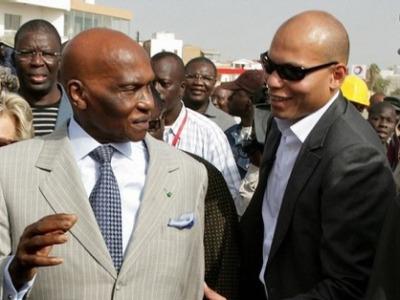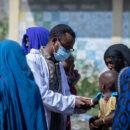Senegal: closely contested presidential polls heighten the risks of protests – By Exclusive Analysis

On 26 February, presidential elections are due in which President Abdoulaye Wade will run for a third term, if the Constitutional Court rules Wade’s candidacy is legal, which is likely. Wade will be able to mobilise rural support, but he is unlikely to win the endorsement of all the influential Sufi brotherhoods. He also faces growing unpopularity, particularly amongst youths and in urban areas, due to the rising cost of living and economic mismanagement. The elections are likely to go to a run-off, increasing chances of an opposition win. This would heighten contract risks in important sectors for foreign investors like construction, transport and tourism.
Divisions within the opposition and the lack of a nationwide base for most of the candidates will limit their chances of a win in the first round. However, the growing importance of the urban vote and a very likely rallying behind the leading opposition candidate after the first round – expected to be Moustapha Niasse, Macky Sall, Idrissa Seck or Tanor Diang – would increase their chances in the second round. Popular singer Youssou N’dour, who announced his candidacy on 2 January, is unlikely to win political support among the elite but is popular amongst the youth, making him a possible kingmaker for the opposition in the second round.
An opposition victory would increase risks of corruption investigations and contract cancellations targeting major infrastructure contracts pursued by Wade and his son, powerful Transport and Infrastructure Minister Karim Wade. These include the new airport in Dakar or Dubai Ports World’s contract for Dakar Port’s development. Tourist resorts owned by consortiums in which Karim Wade is involved would also be at risk. Revisions would be likely to contracts recently signed by the Wade government, including the awarding of two oil exploration licences to African Petroleum in late November 2011. While contract and regulatory risks would be lower under another Wade term, he would most likely promote populist policies like increasing subsidies and revising contracts in the ailing power sector.
Protest risks will be high during these closely-contested elections, especially in the event of voting fraud allegations, further arrests of opposition leaders and Wade’s re-election. Risks will be highest in Dakar, Thies, Thivaouane and Kaolack. Protests could escalate into riots, which would pose high risks of damage to government buildings, public transport and public utilities assets. Fighting between opposition and ruling party supporters will also pose moderate risks to individuals. On 22 December, a Wade supporter was shot dead in fighting between youths outside the Mermoz-Sacre Coeur city council.
Exclusive Analysis is a specialist intelligence company that forecasts commercially relevant political and violent risks worldwide.





